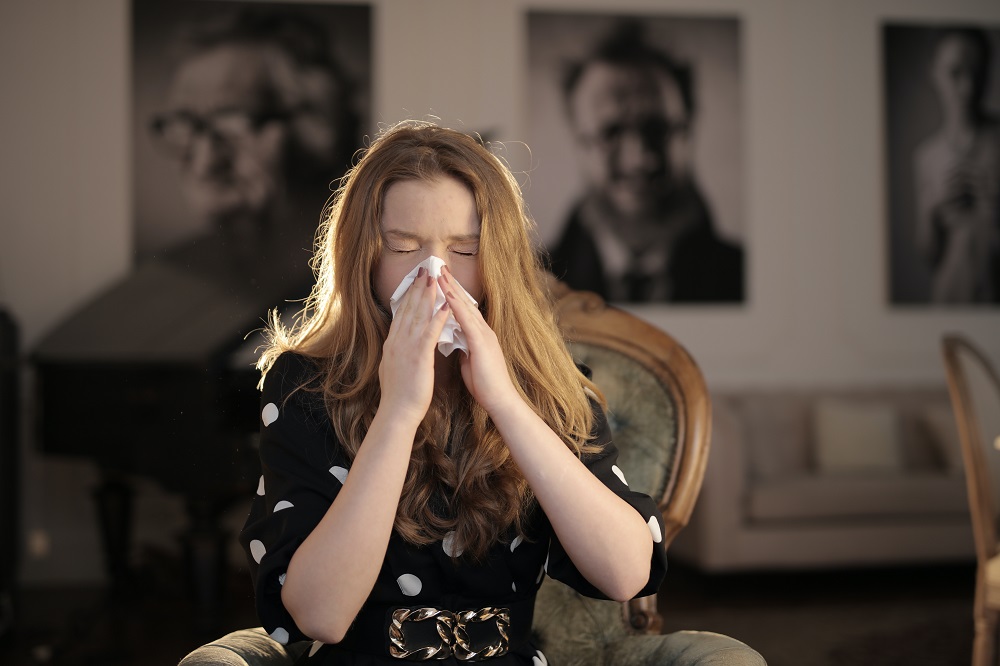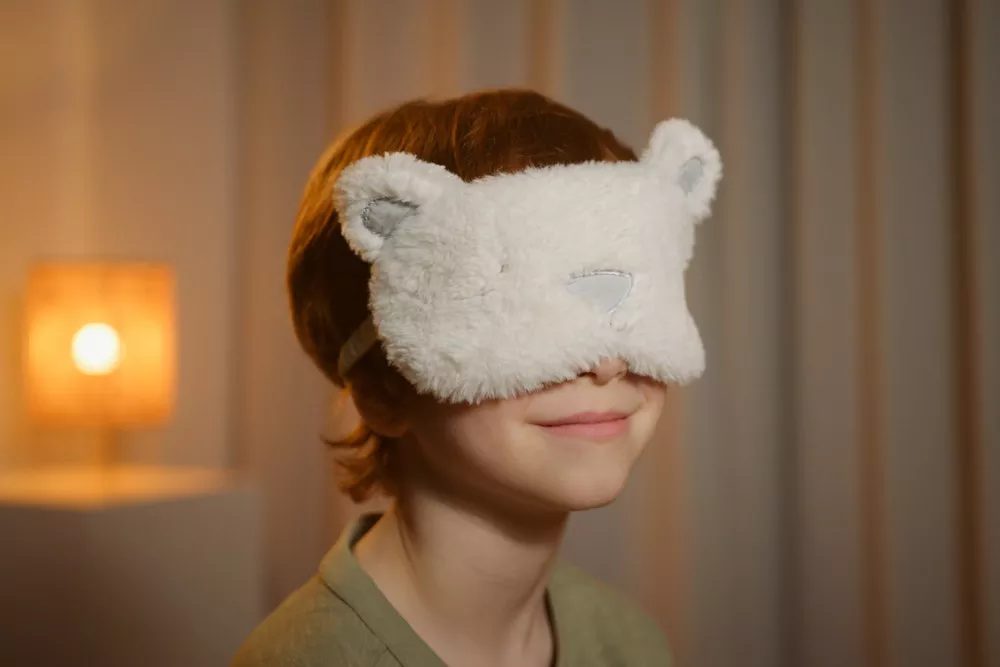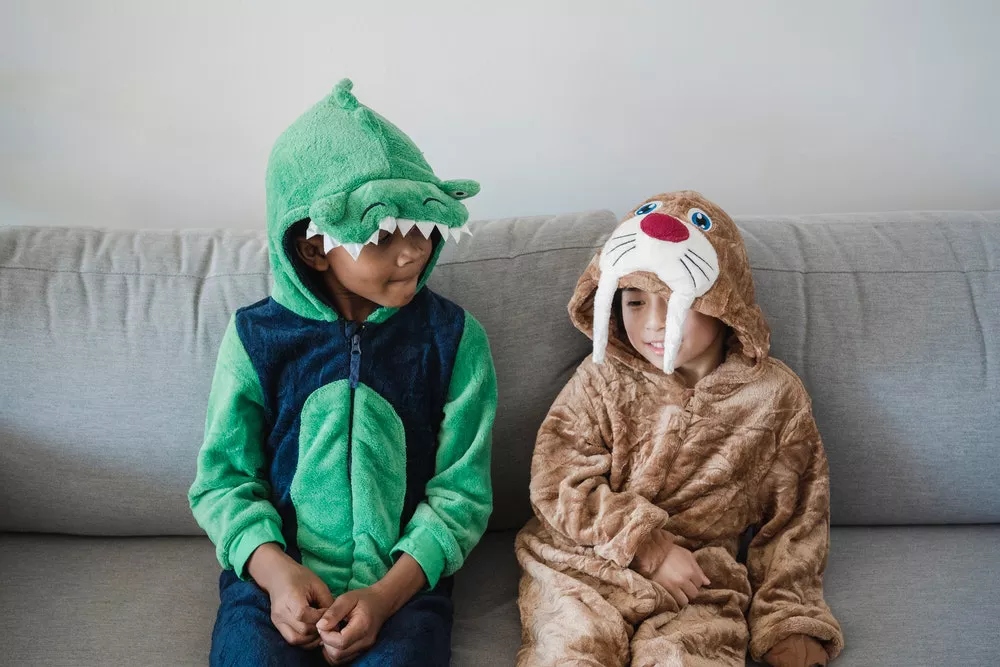A child's incessant coughing means that there may be an abnormality in the respiratory system, so a cough may be a sign of illness. But coughing itself is not necessarily a bad thing; coughing has a protective effect on the body, and stopping it may deprive your child of this mechanism. So, if your child is able to cough up sputum, encourage him or her to do so so so that the sputum does not get stuck in the airways.
However, coughing too often does cause a lot of distress to your child, especially at night when it can interfere with sleep. For a dry cough induced by a dry and itchy throat, it can be even more painful for the child. Therefore, the main goal of cough treatment is to remove the cause of the cough, reduce the frequent dry cough, and make your child more comfortable.
Cough medicines for children
According to current studies, commonly used cough medicines for adults, such as dextromethorphan and codeine, have a very limited effect on children and may have many side effects, addiction, respiratory depression, and even death in severe cases [1], so the FDA recommends against the use of over-the-counter cough and cold medicines in children under 4 years of age [2], and in the UK, Canada, and Australia it is under 6 years of age. codeine is prohibited in children under 18 years of age for cold and cough. Since the recall and labeling changes of children's cold and cough medications in the United States in 2007, adverse reactions caused by these medications have all dropped dramatically. [3]
What conditions require prompt medical attention?
If you think your child is depressed, has difficulty breathing, has signs of oxygen deprivation such as blue lips and mouth, see a doctor as soon as possible; the younger the child, the greater the risk of severe pneumonia, oxygen deprivation, etc., so see a doctor early for coughs in children under 3 months.
Coughing up yellow or green sputum is not necessarily a bacterial infection, but it is important to see a doctor if there are also symptoms such as fever. If frequent coughing lasts for a longer period of time, or if your child's cough is getting worse, then it may be caused by a bacterial infection, allergies, or even a foreign body in the airway, and it is best to have it checked out by a doctor.
Home care for children with cough
However, most coughs are not that severe, so if you choose to care for your child at home, the focus of care is to alleviate the dry cough caused by a dry, itchy throat, for example, by moistening the throat with a sip of warm water. Some studies suggest that honey is more effective than cough water for nighttime coughs. 2-5 ml of honey can be consumed by children over 1 year old, but not by children under 1 year old to avoid botulism.
If your child turns 6 years old, the cough has seriously interfered with sleep and school, and your doctor agrees to use cough medicine, then you can choose a medicine containing dextromethorphan. Note that most over-the-counter cough medicines contain this ingredient, and taking multiple cough medicines at the same time may cause an overdose.
Overly dry air may also aggravate the cough, try humidifying the air. Also do not expose your child to smoke; both active and passive smoking can aggravate a cough.




